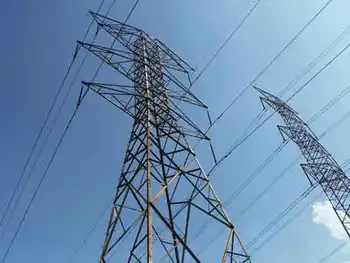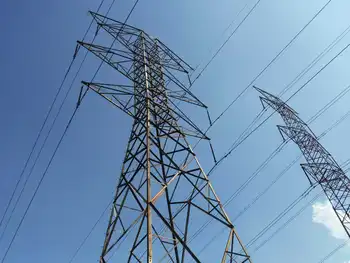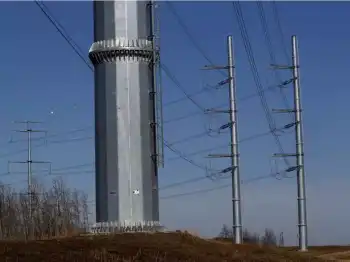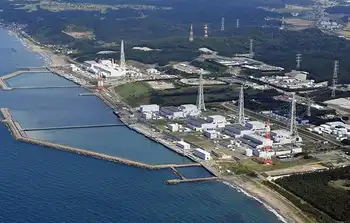UK energy supply: not all doom and gloom for 2020
- The ICE report forecasts that by 2020 households and businesses in the UK will face widespread interruptions in power and gas supply. These will be caused by a combination of the country's growing dependency on natural gas for meeting its energy needs on the one hand, and of the dwindling sources of the fuel on the other.
According to a number of forecasts, the share of gas in the UK's power generation mix could more than double from the current 38% to as much as 80% in 2020. However, such dramatic change seems very unlikely. Even so, it is not unreasonable to expect that gas-generated power would have to account for between 50-60% of the total capacity by 2020.
Where will the gas come from if the North Sea deposits have been exhausted by then? The main alternative sources are Russia, Algeria and Nigeria. The ICE report is skeptical about these alternatives, citing "political instability" and that the UK would be last on the end of any future pipeline, and hence the last in line for the fuel. However, these concerns are misplaced.
Russia, the world's largest producer of gas, has enjoyed political and economic stability for the last three years, since President Putin's election in 1999, and the country is set on increasing its gas and oil production volumes. Nigeria and Algeria, while less politically stable, have always maintained a steady output as they rely heavily on the exports of carbohydrates.
The UK's position on the edge of Europe will not be a huge disadvantage, either. Which country gets most of the Russian and Algerian gas is a matter of long-term contracts rather than of geography.
The report is right that the government and the energy industry alike need to face up to the potential problems and start preparing solutions in advance. Those include building more gas storage and studying the options for new nuclear power stations.
Related News

Two-thirds of the U.S. is at risk of power outages this summer
WASHINGTON - The Department of Energy recently warned that two-thirds of the U.S. is at risk of losing power this summer. It’s an increasingly common refrain: Homeowners want to be less reliant on the aging power grid and don’t want to be at the mercy of electric utilities due to rising energy costs and dwindling faith in the power grid’s reliability.
And it makes sense. While the inflated price of eggs and butter made headlines earlier this year, electricity prices quietly increased at twice the rate of overall inflation in 2022, and homeowners have taken notice. In fact, according to Aurora…




